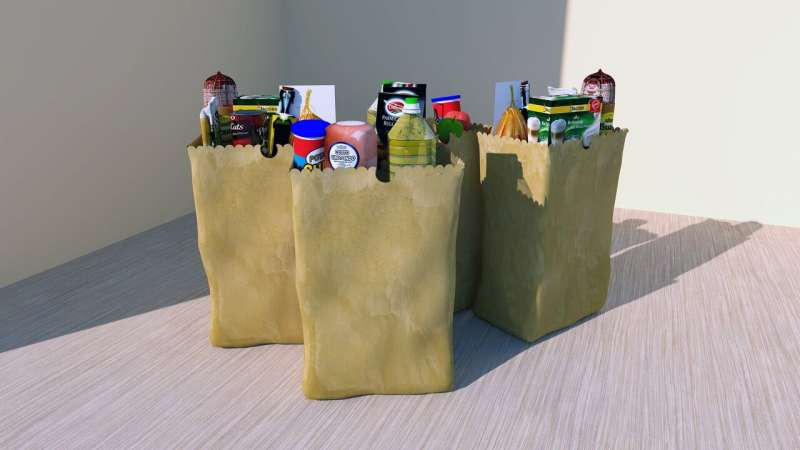Ice Baths and Cold Water Dips May Increase Appetite and Food Intake

New research shows that cold water immersion, popular for its health benefits, may boost appetite and lead to increased food intake, potentially affecting weight management efforts.
Recent research from Coventry University indicates that while ice baths and cold-water immersion are popular methods for boosting calorie burn and aiding recovery, they may have an unexpected side effect: increased food consumption. The study, published in the journal Physiology & Behavior, reveals that exposure to cold water at 16°C for 30 minutes can lead to participants eating approximately 240 extra calories afterward compared to when they sit in warm (35°C) or room-temperature (26°C) water.
This phenomenon might be linked to the "after-drop" effect, where core body temperature continues to decline even after exiting the cold water. This ongoing temperature decrease activates regions of the brain responsible for sensing and regulating both body temperature and energy levels, which can trigger cravings for food as a natural response.
Led by Professor David Broom and Ph.D. student Marie Grigg from Coventry University's Research Center for Physical Activity, Sport and Exercise Sciences, the study involved 15 healthy, active adults (10 men and 5 women). Each participant experienced all three conditions over several weeks. The results showed that during cold-water immersion, the body's increased energy expenditure was counteracted by a significant increase in subsequent food intake.
Professor Broom emphasized that although cold water immersion has health benefits—such as reducing muscle soreness and enhancing overall well-being—it could potentially undermine weight loss efforts if it leads to overeating afterward. Interestingly, participants did not report feeling hungrier during or immediately after the cold exposure, yet they consumed more food.
This insight is vital for individuals using cold water therapy for fitness or health reasons, especially those aiming for weight management. Grigg highlighted the importance of developing strategies to prevent overeating following cold water immersion, noting that further research is needed to understand how repeated cold exposure might influence long-term weight regulation.
Overall, while ice baths can help burn calories, they may also promote increased appetite, making it essential to consider dietary planning alongside cold-water practices. For additional details, see the original research: Marie J. Grigg et al., Effects of cold-water immersion on energy expenditure, ad-libitum energy intake and appetite in healthy adults, Physiology & Behavior, 2025. source: https://medicalxpress.com/news/2025-06-ice.html
Stay Updated with Mia's Feed
Get the latest health & wellness insights delivered straight to your inbox.
Related Articles
U.S. Survey Shows Salt Substitutes Underused by Individuals with High Blood Pressure
A recent survey highlights that less than 6% of U.S. adults with high blood pressure use salt substitutes, despite their proven health benefits. Increased awareness can help improve blood pressure management nationwide.
Innovative Online Grocery Program Addresses Food Insecurity in Rural Mississippi
A groundbreaking online grocery service in Mississippi improves food access for rural communities, leveraging local partnerships and digital solutions to combat food insecurity and promote healthier lifestyles.
Study Shows Salt Warning Labels on Menus Influence Consumer Choices and Reduce Salt Intake
Salt warning labels on restaurant menus significantly influence consumer choices by reducing salt intake and increasing awareness, supporting public health efforts to lower diet-related health risks.
Is Matcha a Healthier Alternative to Coffee?
Discover whether matcha tea is a healthier and gentler alternative to coffee, packed with antioxidants and mood-boosting benefits, supported by recent research findings.



